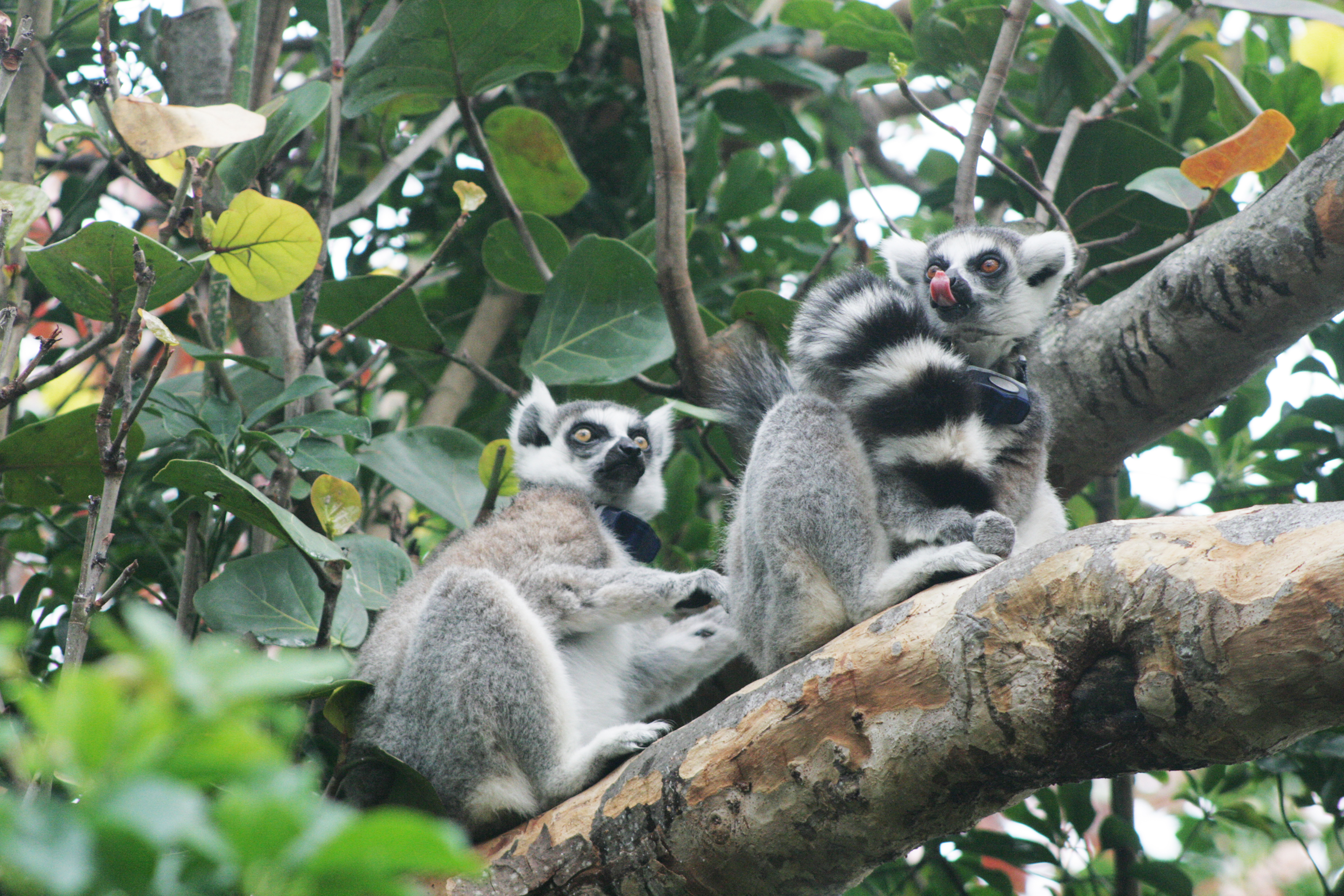Recent News
Report oil spills to help protect wildlifeWednesday, September 30, 2015
Environmentalists have urged the public to report marine oil spills as quickly as possible to prevent them causing serious damage to the Island’s wildlife.
Zoo welcomes two new residents
Wednesday, September 23, 2015
The duo, both 6 years old, spent a month in quarantine in Bermuda before they were released into their new home.
Bat is nursed back to health with Gatorade
Friday, September 18, 2015
A stricken bat was nursed back to health by zoo staff after it was found on a construction site.
‘Ocean Vet’ captures Burnie’s spirit
Tuesday, September 08, 2015
The Ocean Vet series due to hit some of the world’s top networks next year is “just the beginning” according to the show’s Choy Aming.
Regiment joins forces with conservation effort
Saturday, September 05, 2015
The Royal Bermuda Regiment Underwater Taskforce has joined forces with environmentalists for a marine conservation effort to map the reefs off Elbow Beach.
About
GovernanceAbout Us
Newsletter
Latest News
Gift & Bookstore
Contact
General Inquiries
info@bzs.bm
Latest News
All the latest updates and news from the Bermuda Aquarium, Museum, and Zoo, one of Bermuda's leading visitor attractions!

The residents of the Bermuda Aquarium Museum and Zoo have not received Covid-19 vaccinations, but that could change as research continues.
Ian Walker, principle curator at BAMZ, confirmed that while some larger zoos in the United States have been working with a vaccine manufacturer to test a potential vaccine on a variety of species, no such vaccinations have been performed at BAMZ.
Dr Walker said: “It is my understanding that the United States Department of Agriculture has approved this vaccine for experimental use on a case-by-case basis in the United States only.”
He added that the number of species known to contract Covid-19 – and show symptoms of the virus – is still growing.
Dr Walker said: “The number of species of animals that are known to become infected, including showing symptoms, with this virus are growing.
“This is why we have taken the strict precautions we have at BAMZ from the start of the pandemic. These precautions help to protect our staff, animals and our visitors.
“We will continue to follow the science, work with our partners and will vaccinate the appropriate animal populations when a vaccine has been approved and we can gain access to it.”
The US-based Centres for Disease Control said that “companion animals” such as cats and dogs, along with several other species, have been able to contract the virus.
The CDC said: “There have been reports of animals infected with the virus worldwide. Most of these animals became infected after contact with people with Covid-19.”
Along with a small number of pets, zoo animals including lions, tigers, pumas, cougars, snow leopards and gorillas have tested positive for Covid-19 after showing signs of illness.
Minks at farms in several countries have also been shown to contract the virus, with mink to human spread of Covid-19 reported in the Netherlands, Denmark and Poland.
Recent experimental research has shown that many other mammals, including bank voles, ferrets, fruit bats, hamsters, pigs, rabbits, racoon dogs, tree shrews and white-tailed deer can be infected with the virus.


